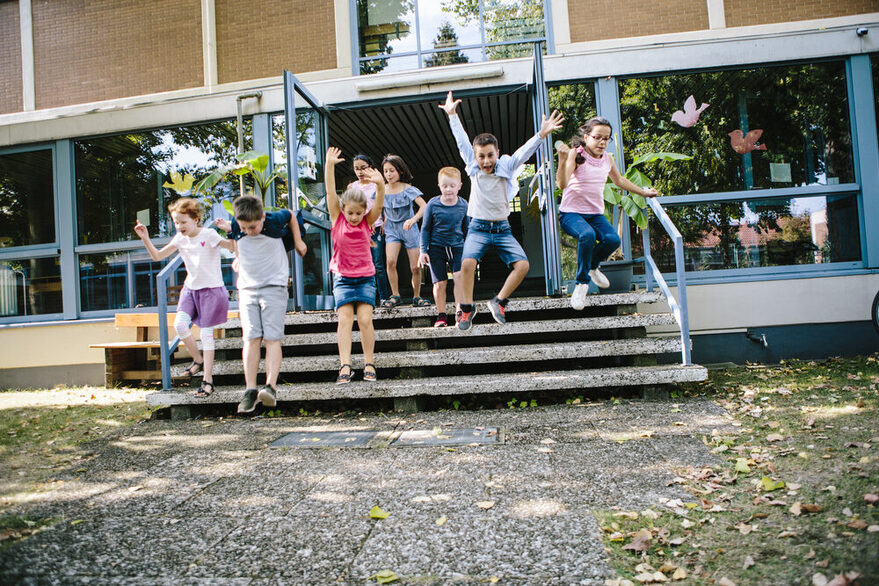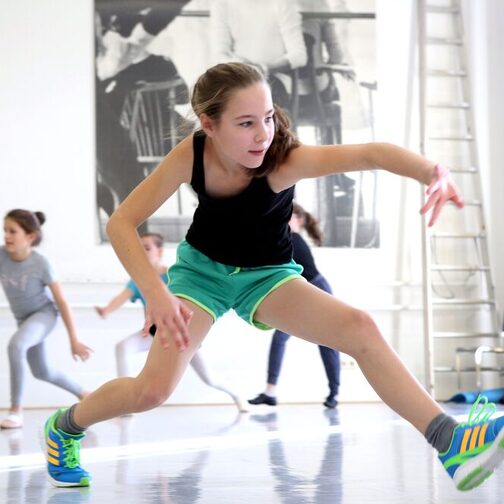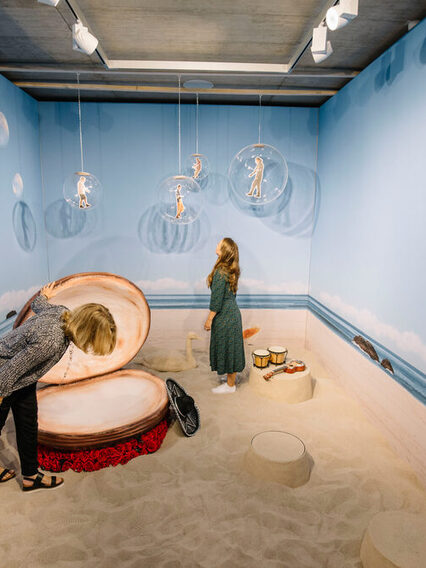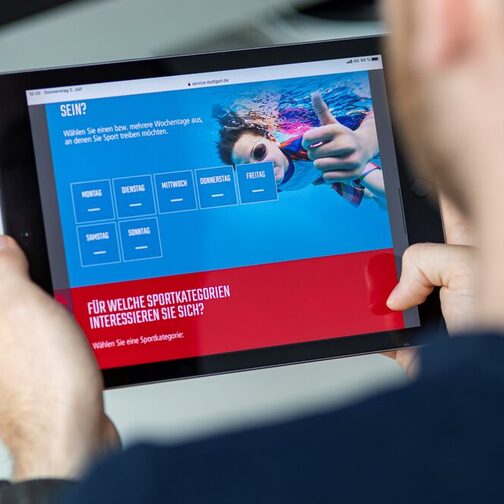Type of school, type of school and school attendance
To help parents and guardians, the Stuttgart School Administration Office has compiled the central framework conditions for school attendance, an introduction to the types of school and school types as well as current changes. General information and contact persons are also provided by the Stuttgart State Education Authority (opens in a new tab) and the Stuttgart Regional Council (opens in a new tab) (Schools and Education Department).
An overview of municipal measures in the school sector as well as interesting and helpful information on the subject can be found under Schools. The Welcome Center Stuttgart (opens in a new tab) offers multilingual information for families with a migration background.
All schools at a glance
The School Finder Stuttgart offers support in choosing a school. In the school directory of the state capital, you can use the filter search to select from currently around 160 public schools and numerous privately run schools.
Elementary Schools
After the summer vacations, a new phase of life begins for many children as they start school. In Stuttgart alone, this affects around 4,500 girls and boys every year. The elementary schools run by the state capital and numerous private schools are preparing for the new arrivals. As a rule, the place of residence decides which school the child will attend; the private schools have their own admission requirements.
The elementary schools in particular play a key role: As a common, currently four-year basic level of the school system, it is their very special task to impart basic knowledge and skills to the students and to introduce them very gradually, with initially playful forms, to school learning and work.
School Enrollment
All-day elementary schools
Further training program for teaching and educational staff at all-day elementary school
Fee-based childcare services offered by the city of Stuttgart
Secondary schools
In addition to the individual abilities and inclinations of the child, the orientation and educational concept of the type of school play a central role in the choice of secondary school. The joint learning of disabled and non-disabled children and young people (inclusion) is also an important task for all types of school.
Whatever the decision, it does not have to be final. The school career remains permeable, i.e. it is possible to switch between school types. In addition, vocational schools, for example, with their wide range of educational options, also offer the opportunity to achieve higher qualifications. And even without an Abitur, it is now possible to study at university under certain conditions.
Registration can only be made directly at a single secondary school. The following must be presented when registering
- the child’s birth certificate, family record book or a valid passport
- the elementary school recommendation issued by the elementary school
- confirmation that the child is attending grade 4 in the respective school year
- if enrolling at a grammar school without a corresponding elementary school recommendation: result of the potential test
Note:
The state government is currently working on a comprehensive education reform that may have an impact on the elementary school recommendation, the registration process and the range of secondary schools on offer. The draft bill for this is currently in the consultation process. Please find out more about possible changes at https://km.baden-wuerttemberg.de/de/schule/schulartuebergreifend/faq-bildungsreform (opens in a new tab)
Werkrealschulen
Realschule
Community School
High school
All-day programs at secondary schools
Vocational schools
Young people before graduating from general education schools have many different training options available to them - which one to choose? After all, the decision about schooling or vocational training sets an important course for the future.
Vocational schools offer:
- vocational training in the dual system from professions in the social sector to crafts, industry and commerce to IT profiles.
- General school-leaving qualifications ranging from the Hauptschulabschluss (lower secondary school-leaving certificate) to the mittlere Bildungsabschluss (intermediate secondary school-leaving certificate) and the Fachhochschulreife (advanced technical college entrance qualification) to the Abitur (university entrance qualification).
- vocational further education with a diverse range of technician, master craftsman and other technical schools.
Applications for full-time vocational schools must be submitted by March 1 at the latest after the half-year report card has been issued. The schools will be happy to advise you on any questions you may have about completing your education.
Compulsory vocational education
Special education and counseling centers
The special education and counseling centers are responsible for the various special focuses and offer students with and without disabilities the opportunity to develop individually. The special focuses are emotional and social development, mental, physical and motor development, learning, hearing, vision, speech as well as students in prolonged hospital treatment.
Depending on the school, different degrees can be earned at the special education and counseling centers, for example, a secondary school diploma or the Mittlere Reife. The special education and counseling centers with the special focuses “learning” and “mental development” offer independent educational programs.
Extracurricular education and care
The extracurricular education and care services (ABB) at Stuttgart schools supplement the existing education and care services offered by secondary schools, special education and counseling centers and vocational schools.
The services include
- Support with homework
- Learning support
- Leisure activities in the creative, artistic and sporting fields
- Computer courses
- Offers with vocational preparation content
Each school determines the topics and the number of courses for itself. Only the duration of the courses (at least one school semester) and the minimum number of participants (5 children) are specified. Parents can register their children for the activities via the school. A binding registration of the children for at least one school semester is required.
A fee is charged for the ABB offers. Special conditions apply for special educational and counseling centers and holders of a Bonuscard+Kultur or Stuttgart Family Card. The ABB offers are carried out by volunteers, so-called youth guides. For their commitment, the youth guides receive a maximum expense allowance of 15 euros per hour.



